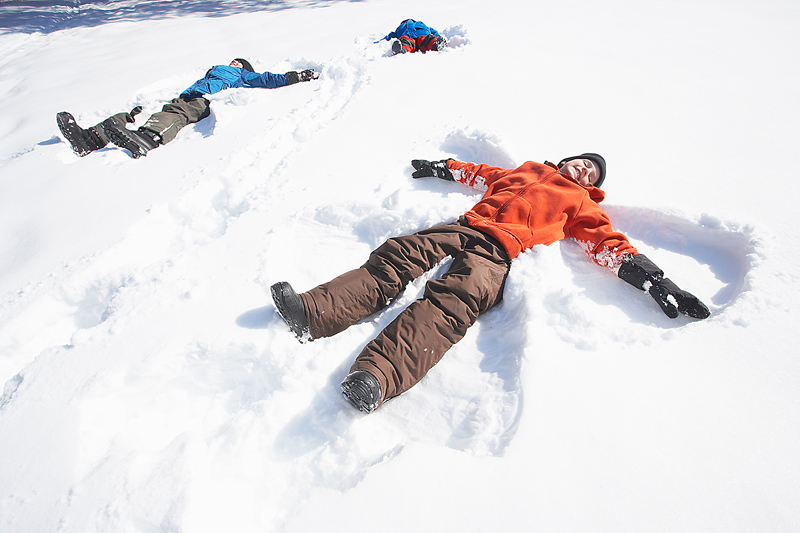
WEDNESDAY, March 7 (HealthDay News) — Selfish behavior in young children is linked to incomplete development of a brain region involved in self-control, according to a new study.
The findings may help explain why young children often have difficulty controlling selfish impulses, even when they know better, and may lead to improved ways to promote beneficial social behavior, the German researchers suggested.
The study, published in the March 8 issue of the journal Neuron, included children of different ages who played two different games. In one game, children were asked to share a reward with another child who had to accept what was offered. In the other game, the recipient had to accept what the other child offered or neither child received a reward.
The games were designed to test the strategic behavior of the children making the offer.
“We were interested in whether children would share more fairly if their counterparts could reject their offers, and to what extent strategic behavior was dependent on age and brain development,” study author Nikolaus Steinbeis, of the Max-Planck Institute for Cognitive and Brain Sciences in Leipzig, said in a journal news release.
“We observed an age-related increase in strategic decision-making between ages 6 to 13 years and showed that changes in bargaining behavior were best accounted for by age-related differences in impulse-control abilities and underlying functional activity of the left dorsolateral prefrontal cortex, a late-maturing brain region linked with self control,” Steinbeis explained.
The results suggest that selfish behavior in young children may not be due to an inability to know fair from unfair, but rather the result of an immature prefrontal cortex that does not encourage generous behavior in situations where there’s a strong incentive for children to be selfish.
“Our findings represent a critical advance in our understanding of the development of social behavior with far-reaching implications for educational policy, and highlight the importance of helping children act on what they already know,” Steinbeis concluded. “Such interventions could set the foundation for increased altruism in the future.”
More information
The American Academy of Pediatrics explains normal child behavior.

